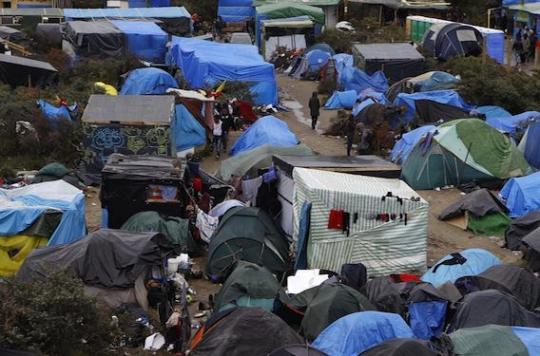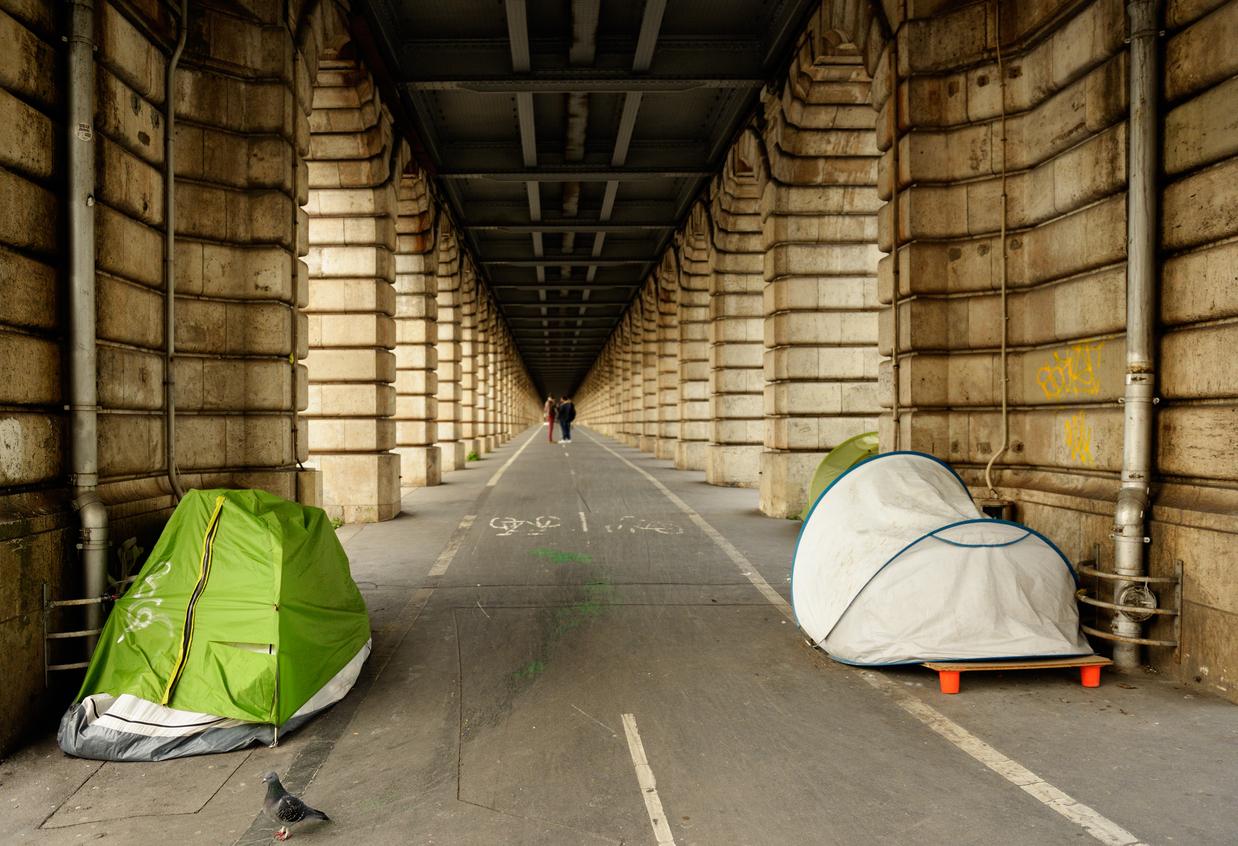France implements too few means for the health care of migrants, according to a CCNE opinion.

From an ethical point of view, France can and must do better, in terms of reception and health care of migrants. This is the observation made by the National Consultative Ethics Committee (CCNE) in a opinion returned on Monday. Its authors consider that the structures providing care (in particular hospitals) are poorly organized to reach out to migrants, which is what the humanitarian associations do, however, without any obvious support from the State.
“Most of these people make themselves invisible so as not to be deported and place their health difficulties in the background in relation to their migratory project, which raises unresolved public health questions”, notes the report. However, the structures must precisely ensure that they reach out to migrants in order to better take care of them.
To anticipate
Today it is difficult to measure both the numbers present and the inflows and outflows of migrants, but everything seems to indicate that their number does not exceed 0.5% of the general population in France. “They do not constitute a threat, either to the healthcare system or to our social organization”.
In addition, everyone must be aware that geopolitical developments (climate, conflicts, etc.) will amplify migratory phenomena, which makes it necessary to anticipate, notes the CCNE. “We cannot, in any case, accept that the lack of care for the basic hygiene of these men, women and children (often isolated) is an instrument for regulating their flows”.
Although the reception of migrants in reception and orientation centers (CAO) was, it seems, satisfactory, this stage was preceded or followed by prolonged living conditions during which “compliance with the most basic hygiene was not sufficiently ensured”, one can read. Women and unaccompanied minors, in particular, may have been put at risk. In such situations, the only initiatives have too long been led by associations, national or local, and individual public officials. There is no harmonized policy for health care access points (PASS) which, as a result, fulfill their legal obligations very irregularly.
The hospital must play its role
These findings lead CCNE to set out a number of ethical requirements. “It is up to the healthcare system (in particular, the hospital) to know how to inspire confidence and to apprehend people who put the need to hide before that of treating themselves”, he enjoins.
It is also advisable to make possible the “singular colloquium” between doctor and patient by comprehensible exchanges, on the linguistic level, on the one hand, and on that of the cultural context, on the other hand. Health professionals must have the will to establish priorities in actions intended to ensure the well-being of migrants, equal treatment in access to care and in access to physical and mental well-being. and social.
“No insurmountable difficulty”
CCNE, in addressing the issue of migrant health, did not wish to take sides in the political dimension of the issue. On the other hand, it notes a complex situation for which the solutions implemented by all the public players are not up to the challenges of today and tomorrow.
CCNE considers, in the current state of the data, that there is no insurmountable difficulty in providing honorable and dignified care to migrants. “It would still be necessary to make credible in this matter a discourse of truth first, of confidence and encouragement then, the corollary of a better adaptation of public instruments”.
The CCNE clearly affirms that, “with regard to migrants, as with any person in distress, health, within the meaning of the definition given by the WHO, must in no case be able to be exploited, in particular by maintaining poor sanitary conditions. as a tool of repression”. This was the case in Calais, when the mayor wanted to withdraw drinking and washing water from migrants.
.















